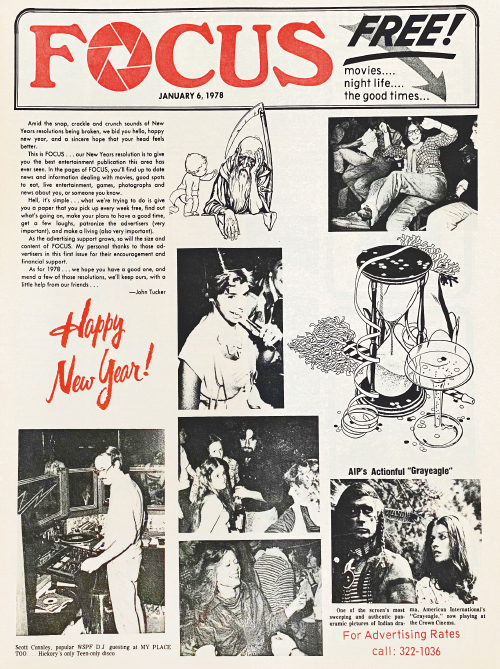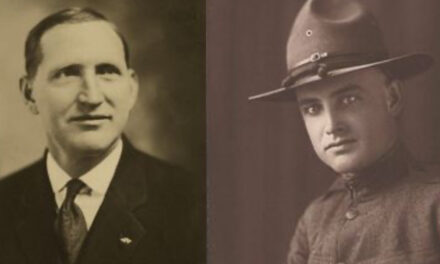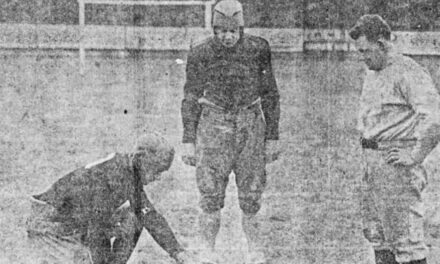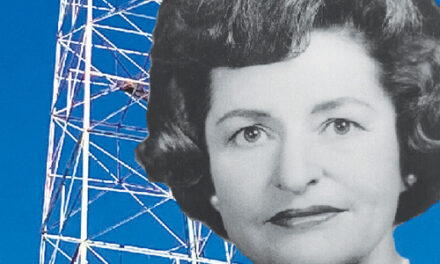
In 1977 John Tucker put an idea and $500 to work. Already an award winning newspaperman in Hickory, he believed that a free weekly paper could attract readers. He wanted an outlet that would appeal to younger folks, a new forum for viewpoints. On this day, 44 years ago, the first edition hit the streets.

FOCUS Cover published in first issue, January 6, 1978.
Exercising the ethos of the era, Focus arrived, ready to follow wherever the collaboration of its readers and writers wanted to go. The paper was an instant hit. The page count grew quickly. Copies could always be found in the floorboards of our (the youth of the era) cars as we read what was going on, drove to find it and dropped the paper until next Thursday (when the new edition came out) knowing that if we needed to refer back, it was somewhere in the backseat. Remember these were the days before the internet.
Tucker assembled and managed a revolving and unique group of talent to write, review, photograph, and sell advertising. Their efforts kept the Focus afloat. Columns came and went but the thrust was always the same, offer a perspective separate from the stodgy stuff available elsewhere. “Ergo the Alligator” (Michael Andrews) and “Slightly Out of Focus” (Jim Cloninger) had lengthy runs, among others. “The Vinyl Bushman” altered the tastes of an entire region with record and concert reviews, as music lovers were willing to take a chance down at the “Music Eye” (record store).
Stories abound of the outrageous antics of the staff abound. Tucker served as the ringleader, living a Hickory version of Hunter S. Thompson, whose maxim “when the going gets tough…” eventually found its way to the masthead. He challenged the staff to develop their personality in the work, a hallmark of gonzo journalism. According to legend, after every edition was put to bed (sent out for printing), the gang would celebrate with a gathering at a ‘local establishment’. More than one toast to their accomplishment was offered amid shop talk and ideas for the next edition. It is somewhat surprising that none of these writers have written a memoir of what those days were like.
Over the years, the paper has evolved, but not entirely. It was always a vehicle for finding out about what’s going on in the area. Focus Towers (headquarters) welcomed everyone from the Chief of Police (Chief Luke) to the local theatre crowd to provide the pulse of what was going on. A slew of very talented writers served time, finding their words appreciated by Tucker and readers alike.
When John Tucker died in 2004, it was an event reported in papers well beyond Focus. But in his wake, the paper thrives, offering a vital and important alternative to western North Carolina. As 1980s managing editor Michael Andrews described it, Focus enjoyed “nudging the status quo.” Looking back on it, Andrews characterized the relationship between the papers and its readers by saying, “I think readers felt our insane chemistry and wanted to follow our exploits; we not only published information, we published passion, reflecting an authentic zeitgeist of Hickory at that moment.”
For an expanded review of the paper’s history, check out Hickory:Then&Now 1870-2020 published by Redhawk Communications. Find it at your favorite Hickory retail locations, and stores you don’t like too.








